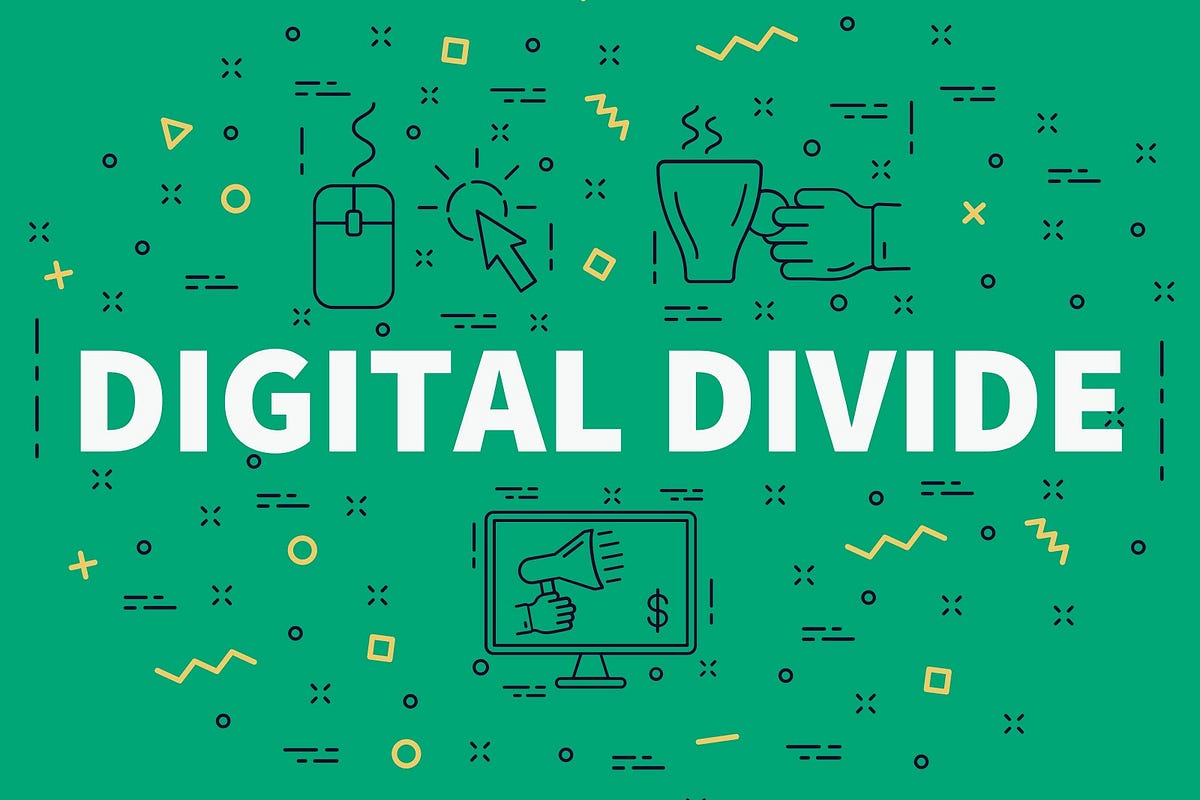The internet is often described as a global connector, bridging distances and providing access to information. However, the reality is that not everyone has equal access to this powerful resource. This gap, known as the digital divide, highlights the inequalities in internet availability and usage worldwide.
At its core, the digital divide refers to the gap between those who have reliable internet access and digital skills and those who do not. Factors such as geography, income, education, and infrastructure play significant roles in shaping this divide.
In developed countries, high-speed internet is widely available, but even here, rural areas may struggle with connectivity. In developing nations, millions of people lack affordable access to reliable networks. For them, opportunities such as online learning, remote work, and digital banking remain out of reach.
The divide isn’t just about access—it’s also about skills. Even when internet connections are available, some people lack the knowledge to use digital tools effectively. This includes older generations who may not be comfortable with technology and individuals without proper digital education.
The consequences are significant. Students without internet access are at a disadvantage in education, especially as schools adopt online platforms. Workers without digital skills may miss out on remote job opportunities. Communities without access to online services may fall behind economically.
Bridging the digital divide requires investment and policy changes. Governments and organizations must expand infrastructure to underserved areas, making internet access affordable and reliable. Schools should also prioritize digital literacy, ensuring students are equipped with the skills they need for the future.
Technology companies are playing a role as well. Projects like low-orbit satellites and community Wi-Fi initiatives aim to bring connectivity to remote areas. Public-private partnerships can accelerate progress, combining resources to close the gap.
In conclusion, while the internet has the power to connect the world, the digital divide remains a barrier to equality. Addressing this issue is essential to ensure that everyone, regardless of location or income, can benefit from the opportunities the internet provides.

